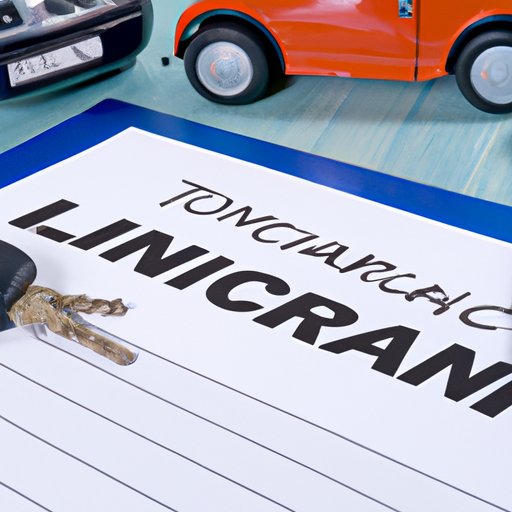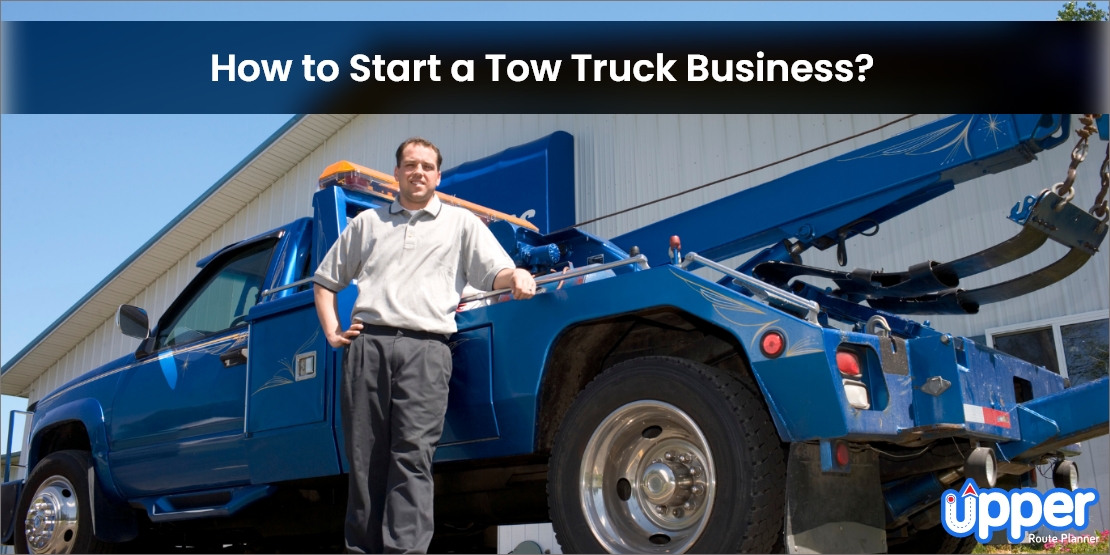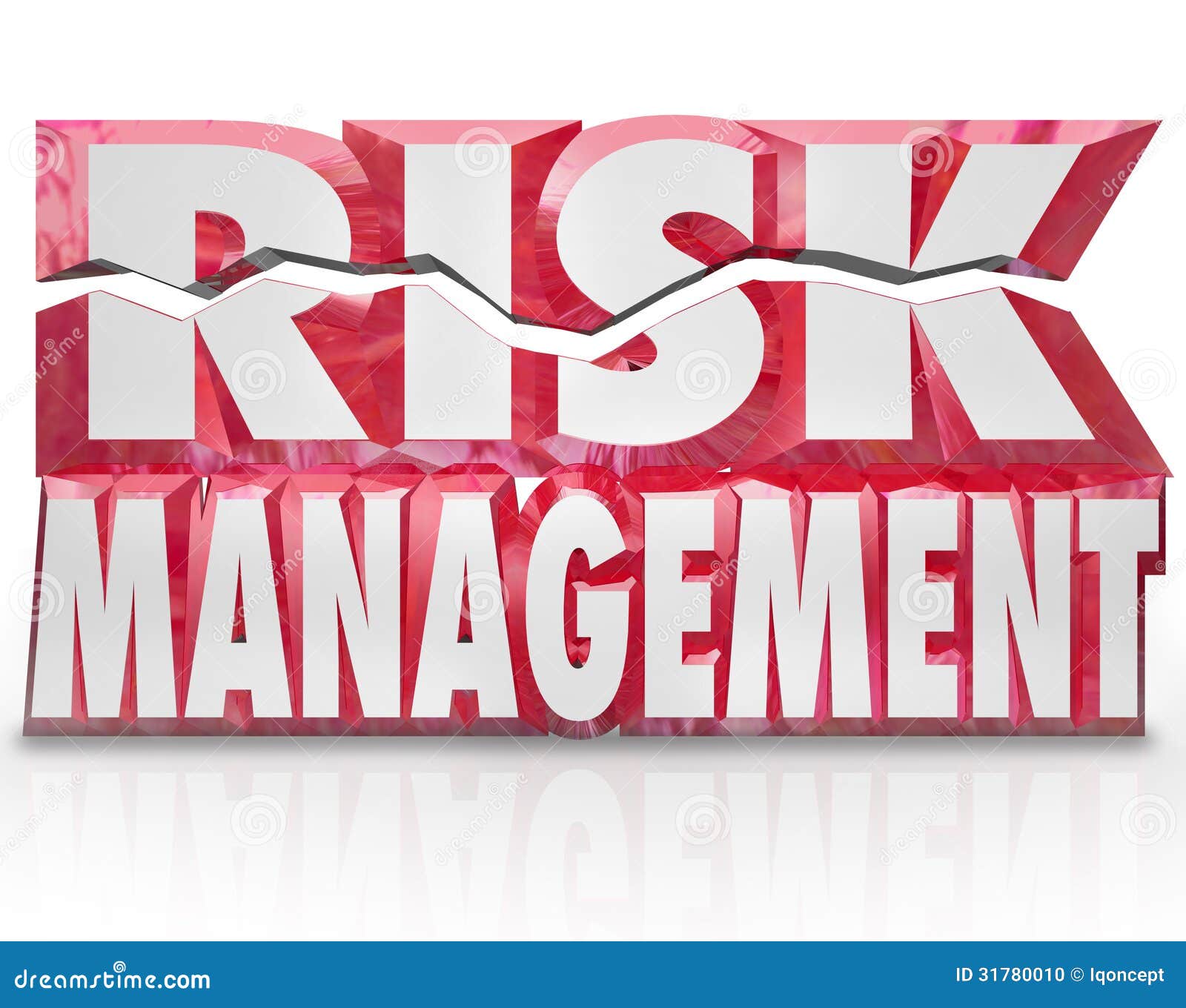Understanding the Towing Industry: Market Research and Analysis
Before starting a towing company, it is essential to conduct thorough market research and analyze the towing industry. This involves identifying target markets, assessing competition, and determining demand for towing services. By understanding the industry’s dynamics, entrepreneurs can make informed decisions and create a successful business strategy.
The towing industry is a competitive market, with numerous companies offering similar services. To stand out, it is crucial to identify a specific niche or target market. This could be a particular geographic area, a specific type of vehicle, or a unique service offering. By focusing on a specific market, towing companies can tailor their services to meet the needs of their customers and differentiate themselves from competitors.
Assessing competition is also vital in the towing industry. This involves researching existing companies, their services, and their pricing structures. By understanding the competitive landscape, entrepreneurs can identify gaps in the market and create a unique selling proposition (USP) for their business. A USP is a statement that explains how a company’s product or service is different from and better than its competitors.
Determining demand for towing services is also critical. This involves analyzing data on the number of vehicles on the road, accident rates, and the frequency of breakdowns. By understanding the demand for towing services, entrepreneurs can create a business plan that meets the needs of their target market and ensures a steady stream of customers.
When conducting market research, it is essential to use a variety of sources, including online reviews, customer feedback, and industry reports. This will provide a comprehensive understanding of the towing industry and help entrepreneurs make informed decisions. By following these steps, entrepreneurs can gain a deeper understanding of the towing industry and create a successful business strategy.
Starting a towing company requires careful planning and research. By understanding the industry’s dynamics, identifying target markets, assessing competition, and determining demand for towing services, entrepreneurs can create a successful business strategy. With the right plan in place, towing companies can provide excellent services, build a strong reputation, and attract a loyal customer base.
https://www.youtube.com/watch?v=F3MY-F47diQ
Developing a Comprehensive Business Plan: Setting Goals and Objectives
A well-crafted business plan is essential for any entrepreneur looking to start a towing company. A comprehensive plan outlines the company’s goals, objectives, and strategies for success. It serves as a roadmap for the business, guiding decision-making and ensuring that the company stays on track.
When developing a business plan for a towing company, it is crucial to define the company’s mission and vision statements. These statements should clearly articulate the company’s purpose, values, and goals. For example, a towing company’s mission statement might read: “To provide safe, reliable, and efficient towing services to our customers, while maintaining a commitment to excellence and customer satisfaction.”
The business plan should also outline the company’s goals and objectives. These should be specific, measurable, achievable, relevant, and time-bound (SMART). For example, a towing company might set a goal to increase its fleet size by 20% within the first year of operation. This goal is specific, measurable, and achievable, and it provides a clear direction for the company’s growth and development.
In addition to defining the company’s mission, vision, and goals, the business plan should also outline the company’s target market and marketing strategies. This includes identifying the company’s ideal customer, assessing the competition, and developing a unique selling proposition (USP). The plan should also outline the company’s pricing structure, revenue projections, and expense management strategies.
A comprehensive business plan should also include a detailed financial plan, including startup costs, funding requirements, and projected revenue and expenses. This will help the company secure funding, manage its finances effectively, and make informed decisions about its growth and development.
When creating a business plan for a towing company, it is essential to consider the unique challenges and opportunities of the industry. This includes understanding the regulatory requirements, industry standards, and best practices for towing companies. By incorporating this information into the business plan, entrepreneurs can create a comprehensive and effective plan that sets their company up for success.
By following these steps and creating a comprehensive business plan, entrepreneurs can develop a successful towing company that meets the needs of its customers and achieves its goals. Remember, starting a towing company requires careful planning and research, but with the right plan in place, entrepreneurs can build a thriving business that provides excellent services and generates significant revenue.
Obtaining Licenses and Certifications: Meeting Regulatory Requirements
Before starting a towing company, it is essential to obtain the necessary licenses and certifications to operate a legitimate business. These requirements vary by state and locality, but most towing companies need to obtain a combination of licenses and certifications to operate.
One of the most critical licenses for a towing company is a business license. This license is typically issued by the state or local government and requires the business to register its name, address, and ownership structure. Additionally, towing companies may need to obtain a sales tax permit, employer identification number, and other local licenses and permits.
In addition to business licenses, towing companies must also obtain industry-specific certifications. For example, the Towing and Recovery Association of America (TRAA) offers a certification program for towing companies that meet certain standards for safety, customer service, and equipment maintenance. This certification can help establish credibility and trust with customers.
Insurance is also a critical component of a towing company’s licensing and certification requirements. Towing companies must obtain liability insurance to protect themselves and their customers in case of accidents or property damage. Additionally, they may need to obtain workers’ compensation insurance to cover employees in case of work-related injuries.
To obtain these licenses and certifications, towing companies should start by researching the specific requirements for their state and locality. They can contact their state’s department of motor vehicles or business licensing agency to determine the necessary licenses and certifications. Additionally, they can contact industry associations, such as the TRAA, to learn more about certification programs and industry standards.
Once the necessary licenses and certifications are obtained, towing companies must ensure that they comply with all regulatory requirements. This includes maintaining accurate records, paying fees and taxes on time, and adhering to industry standards for safety and customer service. By meeting these regulatory requirements, towing companies can establish a reputation for professionalism and reliability, which can help attract and retain customers.
Obtaining the necessary licenses and certifications is a critical step in starting a towing company. By researching and complying with regulatory requirements, towing companies can establish a legitimate business and build trust with their customers. Remember, starting a towing company requires careful planning and attention to detail, but with the right licenses and certifications, entrepreneurs can build a successful and reputable business.
Building a Fleet: Selecting the Right Towing Equipment and Vehicles
When it comes to starting a towing company, building a fleet of reliable and efficient vehicles is crucial to success. The right towing equipment and vehicles can help you provide excellent service to your customers, reduce downtime, and increase profitability. In this section, we will discuss the importance of selecting the right towing equipment and vehicles for your business and provide guidance on how to make the best choices.
Types of Towing Equipment
There are several types of towing equipment available, each designed for specific types of towing jobs. The most common types of towing equipment include:
- Flatbeds: Ideal for towing cars, trucks, and other vehicles that need to be transported on a flat surface.
- Wreckers: Designed for heavy-duty towing and recovery, wreckers are equipped with a boom and winch to lift and tow large vehicles.
- Wheel lifts: Used for towing vehicles with damaged wheels or tires, wheel lifts are equipped with a hydraulic lift system to safely lift and tow the vehicle.
Selecting the Right Vehicles
When selecting vehicles for your towing fleet, consider the following factors:
- Power and capacity: Choose vehicles with sufficient power and capacity to handle the types of towing jobs you will be performing.
- Reliability: Select vehicles with a proven track record of reliability and durability to minimize downtime and reduce maintenance costs.
- Fuel efficiency: Consider vehicles with good fuel efficiency to reduce operating costs and minimize your carbon footprint.
- Comfort and safety: Choose vehicles with comfortable and safe cabs to ensure the well-being of your drivers.
Additional Considerations
In addition to the type of towing equipment and vehicles, consider the following factors when building your fleet:
- Brand reputation: Choose reputable brands with a history of producing high-quality towing equipment and vehicles.
- Warranty and maintenance: Look for manufacturers that offer comprehensive warranties and maintenance programs to minimize downtime and reduce costs.
- Customization: Consider customizing your vehicles to meet the specific needs of your business and customers.
How to Start a Towing Company: Building a Fleet
Building a fleet of reliable and efficient vehicles is a critical step in starting a successful towing company. By selecting the right towing equipment and vehicles, you can provide excellent service to your customers, reduce downtime, and increase profitability. Remember to consider the types of towing equipment, vehicle power and capacity, reliability, fuel efficiency, comfort, and safety when building your fleet. With the right vehicles and equipment, you can establish a strong foundation for your towing business and set yourself up for long-term success.
Hiring and Training Staff: Building a Skilled and Reliable Team
When it comes to starting a towing company, hiring and training a skilled and reliable team is crucial to success. A well-trained team can provide excellent customer service, ensure safety and compliance, and help to build a positive reputation for your business. In this section, we will discuss the importance of hiring and training a skilled and reliable team for your towing company and provide guidance on how to recruit and hire qualified drivers and technicians.
Recruiting Qualified Drivers and Technicians
To build a skilled and reliable team, you need to recruit qualified drivers and technicians. Here are some tips to help you find the right candidates:
- Define your requirements: Clearly define the skills, qualifications, and experience required for each role.
- Use job boards and social media: Advertise your job openings on popular job boards and social media platforms to reach a wide audience.
- Network with industry professionals: Attend industry events and conferences to network with other professionals in the towing industry.
- Conduct thorough interviews: Conduct thorough interviews to assess the candidate’s skills, experience, and fit for the role.
Training Programs and Ongoing Education
Once you have hired your team, it’s essential to provide them with comprehensive training programs and ongoing education to ensure they have the skills and knowledge needed to perform their jobs safely and effectively. Here are some tips to help you develop a training program:
- Develop a training manual: Create a comprehensive training manual that outlines the procedures and protocols for each role.
- Provide on-the-job training: Provide on-the-job training to help new employees learn the skills and procedures required for their role.
- Offer ongoing education: Offer ongoing education and training to help employees stay up-to-date with the latest industry developments and best practices.
- Encourage certification: Encourage employees to obtain industry certifications, such as the Certified Towing and Recovery Operator (CTRO) certification.
How to Start a Towing Company: Building a Skilled and Reliable Team
Building a skilled and reliable team is a critical step in starting a successful towing company. By recruiting qualified drivers and technicians and providing them with comprehensive training programs and ongoing education, you can ensure that your team has the skills and knowledge needed to provide excellent customer service and ensure safety and compliance. Remember to define your requirements, use job boards and social media, network with industry professionals, and conduct thorough interviews to find the right candidates. With a well-trained team, you can establish a strong foundation for your towing business and set yourself up for long-term success.
In addition to hiring and training a skilled and reliable team, it’s essential to create a positive and supportive work environment that encourages employee engagement and retention. This can include offering competitive salaries and benefits, providing opportunities for advancement, and recognizing and rewarding employee achievements.
Marketing and Advertising Strategies: Reaching Your Target Market
When it comes to starting a towing company, having a solid marketing and advertising strategy is crucial to reaching your target market and setting your business apart from competitors. In this section, we will discuss effective marketing and advertising strategies for a towing company, including online marketing, social media, and local advertising.
Online Marketing
Online marketing is a crucial component of any successful towing company’s marketing strategy. Here are some tips to help you get started:
- Develop a website: Create a professional website that showcases your services, provides contact information, and allows customers to request towing services online.
- Search engine optimization (SEO): Optimize your website for search engines to improve visibility and attract organic traffic.
- Pay-per-click (PPC) advertising: Use PPC advertising to target specific keywords and demographics, and drive traffic to your website.
Social Media
Social media is a powerful tool for towing companies to connect with customers, share information, and build brand awareness. Here are some tips to help you get started:
- Create a business page: Create a business page on Facebook, Twitter, and other social media platforms to connect with customers and share information.
- Share updates and promotions: Share updates, promotions, and news about your towing company to keep customers engaged.
- Engage with customers: Respond to customer inquiries, comments, and reviews on social media to build trust and loyalty.
Local Advertising
Local advertising is essential for towing companies to reach their target market and attract new customers. Here are some tips to help you get started:
- Google My Business: Claim and optimize your Google My Business listing to improve visibility in local search results.
- Local directories: List your towing company in local directories, such as Yelp and other online listings, to improve visibility and attract new customers.
- Print advertising: Use print advertising, such as flyers and brochures, to reach your target market and promote your services.
How to Start a Towing Company: Creating a Marketing Plan
Creating a marketing plan is a crucial step in starting a successful towing company. By incorporating online marketing, social media, and local advertising into your marketing strategy, you can reach your target market, attract new customers, and set your business apart from competitors. Remember to develop a website, optimize for SEO, use PPC advertising, create a business page on social media, share updates and promotions, engage with customers, claim and optimize your Google My Business listing, list your towing company in local directories, and use print advertising to reach your target market.
A well-planned marketing strategy can help you establish a strong online presence, attract new customers, and drive business growth. By following these tips and incorporating them into your marketing plan, you can set your towing company up for success and achieve your business goals.
https://www.youtube.com/watch?v=FzEkHlYt2uA
Managing Operations and Logistics: Streamlining Your Business
Effective management of operations and logistics is crucial to the success of a towing company. A well-organized system enables businesses to respond promptly to customer requests, reduce costs, and increase efficiency. To streamline operations, consider implementing the following strategies:
Dispatching and Scheduling: Invest in a reliable dispatching system that allows for real-time tracking of vehicles, drivers, and customer requests. This technology enables businesses to assign jobs efficiently, reducing response times and improving customer satisfaction. Implement a scheduling system that takes into account driver availability, vehicle maintenance, and other factors to minimize downtime.
Fleet Management: Utilize fleet management software to monitor vehicle performance, track maintenance schedules, and optimize routes. This technology helps reduce fuel consumption, lower emissions, and extend the lifespan of vehicles. Regular maintenance is essential to prevent breakdowns and ensure compliance with industry regulations.
Inventory Management: Maintain an accurate inventory of equipment, parts, and supplies. Implement a system for tracking inventory levels, automating reordering, and minimizing waste. This approach ensures that the necessary resources are available when needed, reducing delays and improving overall efficiency.
Technology Integration: Leverage technology to automate tasks, improve communication, and enhance customer service. Consider implementing a customer relationship management (CRM) system to manage interactions, a mobile app for customers to request services, and a platform for online payments and invoicing.
Performance Metrics: Establish key performance indicators (KPIs) to measure operational efficiency, customer satisfaction, and financial performance. Regularly review these metrics to identify areas for improvement, optimize processes, and make data-driven decisions.
Training and Development: Provide ongoing training and development opportunities for staff to enhance their skills and knowledge. This investment enables employees to work efficiently, effectively, and safely, ultimately contributing to the success of the business.
By implementing these strategies, towing companies can streamline operations, reduce costs, and improve customer satisfaction. A well-managed business is better equipped to handle the demands of the industry, ultimately leading to increased revenue and growth. When learning how to start a towing company, it is essential to consider the importance of effective operations and logistics management in achieving long-term success.
Ensuring Safety and Compliance: Reducing Risk and Liability
Safety and compliance are paramount in the towing industry, where the risk of accidents, injuries, and property damage is high. To minimize risk and liability, it is essential to implement safety protocols and procedures that adhere to industry regulations and best practices. When learning how to start a towing company, it is crucial to prioritize safety and compliance to protect employees, customers, and the business as a whole.
Industry Regulations: Familiarize yourself with local, state, and federal regulations governing the towing industry. Ensure compliance with laws and regulations related to vehicle safety, environmental protection, and employee safety. Regularly review and update policies and procedures to reflect changes in regulations and industry standards.
Equipment Maintenance: Regularly inspect and maintain towing equipment, vehicles, and facilities to prevent accidents and ensure compliance with safety standards. Implement a preventive maintenance program that includes routine checks, repairs, and replacements of equipment and vehicles.
Staff Training: Provide comprehensive training to employees on safety procedures, equipment operation, and industry regulations. Ensure that drivers and technicians are certified and trained in first aid, defensive driving, and hazardous materials handling. Regularly review and update training programs to reflect changes in regulations and industry standards.
Risk Management: Identify potential risks and implement strategies to mitigate them. Develop a risk management plan that includes procedures for emergency response, accident reporting, and incident investigation. Regularly review and update the plan to reflect changes in the business and industry.
Insurance and Liability: Obtain adequate insurance coverage to protect the business from liability and financial loss. Ensure that insurance policies cover equipment, vehicles, employees, and customers. Regularly review and update insurance policies to reflect changes in the business and industry.
Compliance Audits: Regularly conduct compliance audits to ensure adherence to industry regulations and safety standards. Identify areas for improvement and implement corrective actions to prevent accidents and ensure compliance.
Customer Safety: Prioritize customer safety by providing clear instructions and guidelines for towing services. Ensure that customers are aware of the risks associated with towing and take steps to minimize them. Provide customers with information on safety procedures and emergency response plans.
By prioritizing safety and compliance, towing companies can reduce risk and liability, protect employees and customers, and ensure a successful and sustainable business. When learning how to start a towing company, it is essential to incorporate safety and compliance into the business plan and operations to ensure long-term success.





